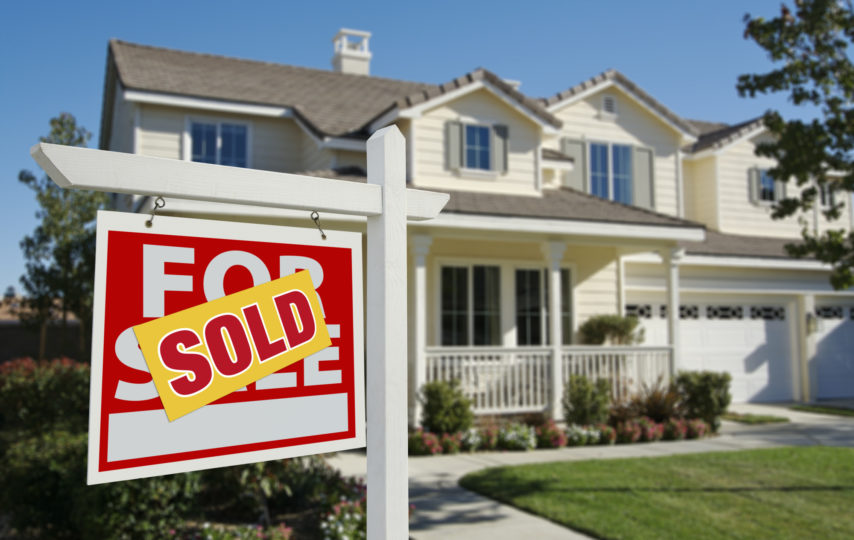Moving to a new community is common. About 32 million Americans move each year for a variety of reasons, from wanting a change to following a new job opportunity.
When moving homes, it’s not just about finding the perfect house. You also want a new community that feels like home and makes life convenient and enjoyable.
Keep reading for tips on what to look for in a community before you move.
Compatibility With Your Lifestyle
Consider your current and future living situation to pick a local community that fits that lifestyle. Look at how well the type of community matches your priorities and preferences.
If you have kids, a family-friendly neighborhood with good schools is likely a priority. If you’re a retiree, you might want a quieter community with plenty of leisure activities. Young singles might want a thriving nightlife with lots of opportunities to meet other people.
Look at the overall type of community, which could be rural, urban, or suburban. Downtown city locations can work for families, but many prefer a more suburban option, for example.
Access to Services
In any phase of life, you need access to certain services, including medical care, auto services, groceries, and banks. Researching the options before you move helps you find a new community with lots of choices or easy access to those services. You might do some quick searches, such as dentist near me to scope out the options in your new area.
If you’re moving to a city, consider things such as parking and public transit. Sidewalks and other features that make a community walkable can also be important. Transportation has a major impact in how easily you can access the services you need.
Safety
All communities have some crime, but finding the safest parts of your new community help you feel a little more comfortable. Research crime rates in different neighborhoods when choosing a community. Many states and local governments offer crime statistics in certain areas.
It can also help to look at historical rates and changes within the neighborhood. If an older community is going through a renovation, the overall safety could also be improving gradually.
Employment Opportunities
Unless you’re retired, choosing a community with ample job opportunities is a smart move. If you already have a job lined up, you’re covered for now. However, you could lose your job at any time, so you want to be sure you have other options.
Opportunities for growth are also a consideration. You probably don’t want to stay in your current job forever. Look at opportunities for growth within your company and other companies in the area.
Salary ranges vary significantly between locations as well. In general, areas with lower salaries also have a lower cost of living. It’s still a good idea to compare the general salary ranges for your career path in new neighborhoods you’re considering.
Amenities
Make a list of the amenities you want your new community to have. That might include parks, recreation facilities, walking trails, lots of restaurant options, and retail variety. Consider how you like to spend your spare time, and make sure your new community gives you access to that.
You’re more likely to find a variety of options in larger cities, but smaller towns can have a surprising number of amenities, depending on what you want. You might also choose a smaller town near a larger city to get the best of both worlds.
Climate and Environment
If you’re considering several different communities in vastly different locations, the climate and natural environment of the area can be a deciding factor. Look at the average high and low temperatures in the areas you’re considering. Don’t forget other weather factors, such as days of sunshine, amount of precipitation, and how often it rains.
For example, Sitka, Alaska, only gets 84 sunny days yearly compared to the U.S. average of 205 days. It averages 120 inches of rain yearly compared to the average of 38 inches and averages 236 days per year of some type of precipitation. If you’re someone who prefers lots of sunshine, it could be a difficult adjustment to move to a place like Sitka that sees a lot of rainy, overcast days.
Consider the type of nature you like to see near you. Some people love to live near the mountains while others prefer lakes or oceans. If you’re making a major move, choose a community near the types of natural features you prefer.
Cost of Living
Compare the cost of living of your current community to new communities you’re considering to find something that fits your budget. Keep in mind that your salary will also likely increase or decrease along with the cost of living.
If you’re planning to buy a new house, look not just at real estate costs but also property taxes. Some communities have much higher tax rates, which can significantly increase your total house costs.
Scout out the options for homes or rentals to get an idea of how readily available housing is. A tight housing market can make it difficult to snag something you love that’s within your budget.
Housing is a major expense, but it’s not the only one that varies between locations. Look into the cost of basics like utilities, groceries, and healthcare.
Insurance rates can also vary significantly from state to state or even between cities within a single state. Urban areas tend to increase your auto insurance rates due to a higher risk of claims from accidents, vandalism, and other incidents.
The cost of moving can also be a factor. Get quotes for moving companies to different locations to get an estimate of how much you’ll pay.
Overall Feeling
If possible, visit the communities you’re considering to get a firsthand look and sense of the feel. No matter how much reading you do, it’s often difficult to get a true sense of what it’s like to live in the community until you visit.
Does it have a look that appeals to you? Do the people in the area seem friendly?
If you can’t visit, read about the culture and vibe of communities you’re considering. Online message boards and blogs often give an unfiltered opinion of different communities, so you can determine if they’re a good fit for you.
Find a New Community for Your Family
When searching for a new community, prioritize the features you value most. Safety is a universal consideration, but other elements of choosing a community often come down to personal preference.
Head to our lifestyle section for more useful content.













